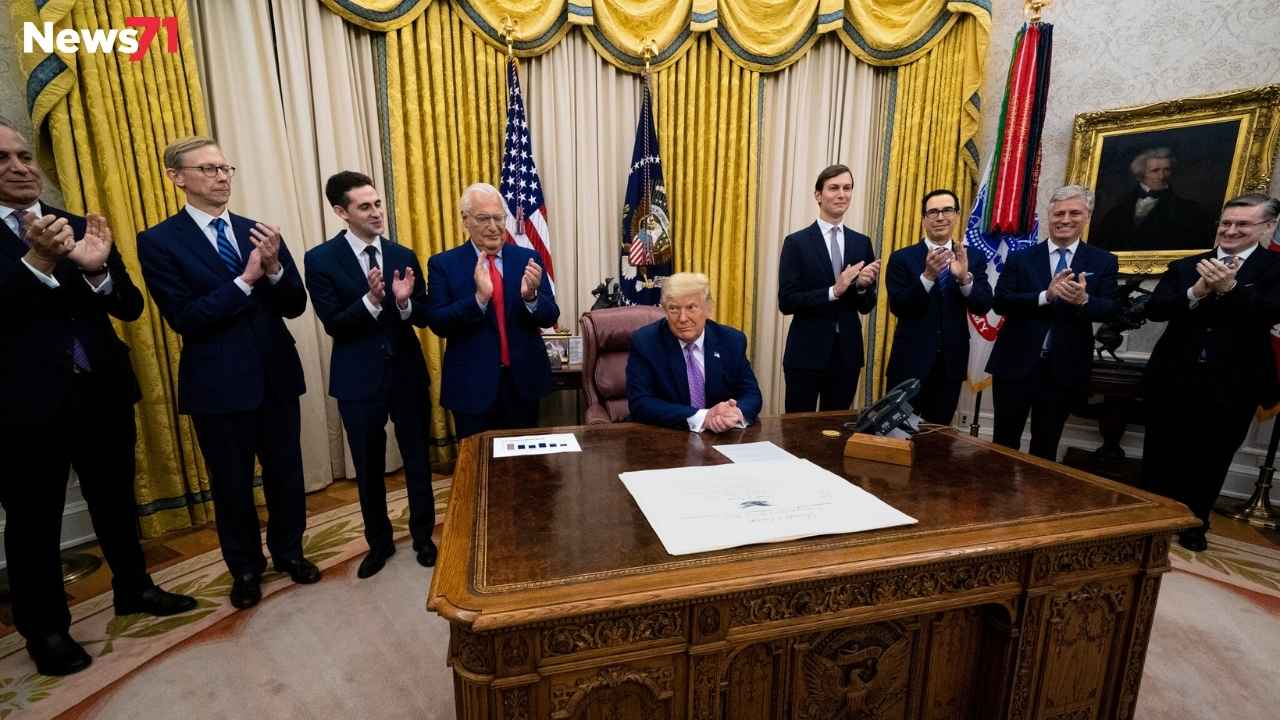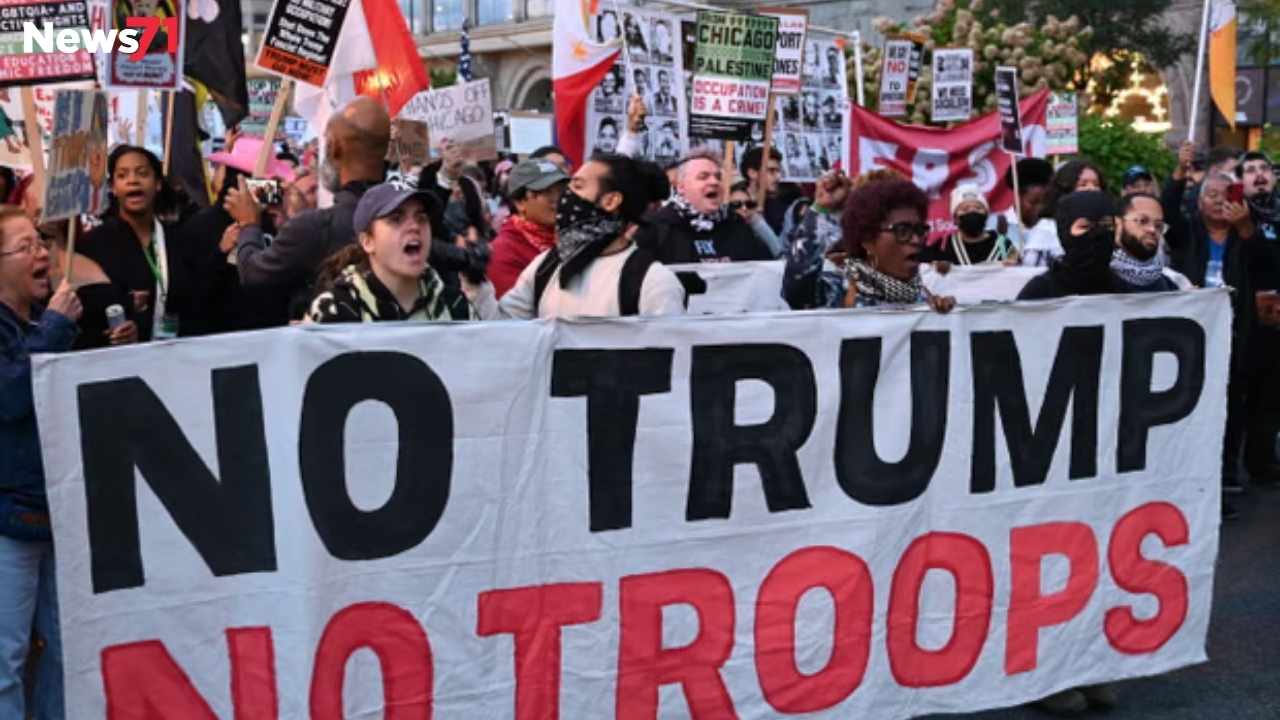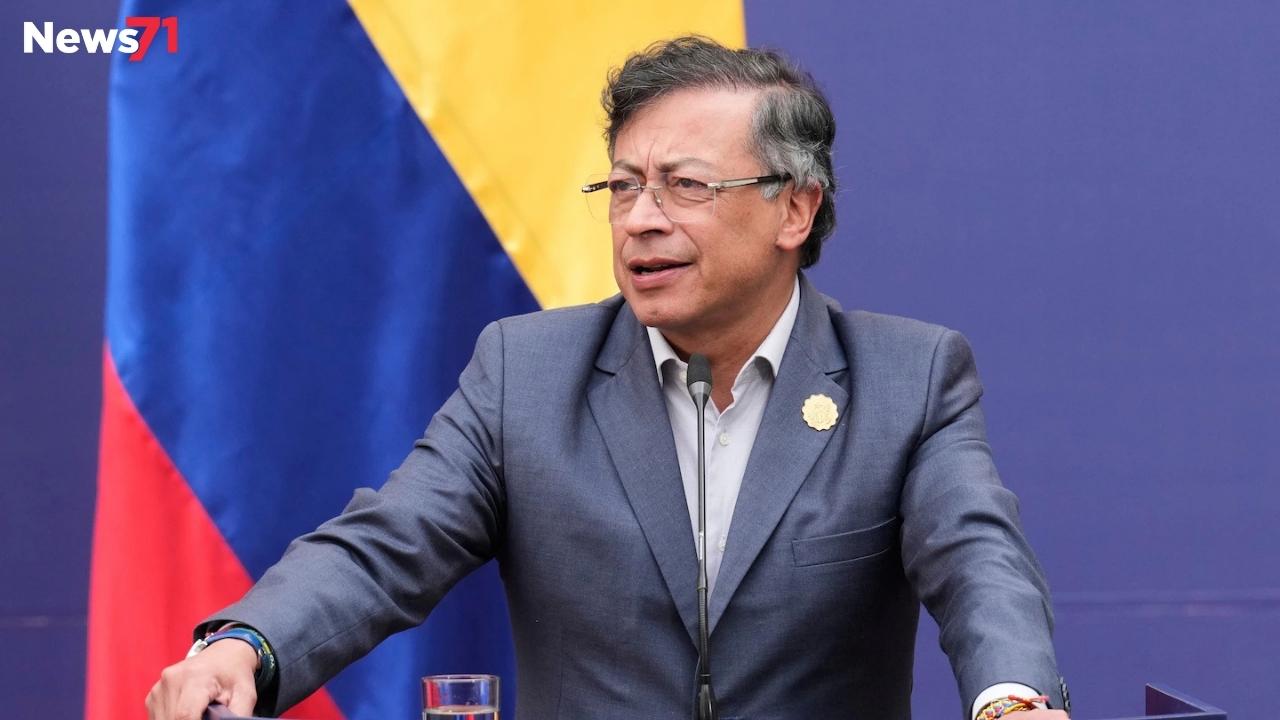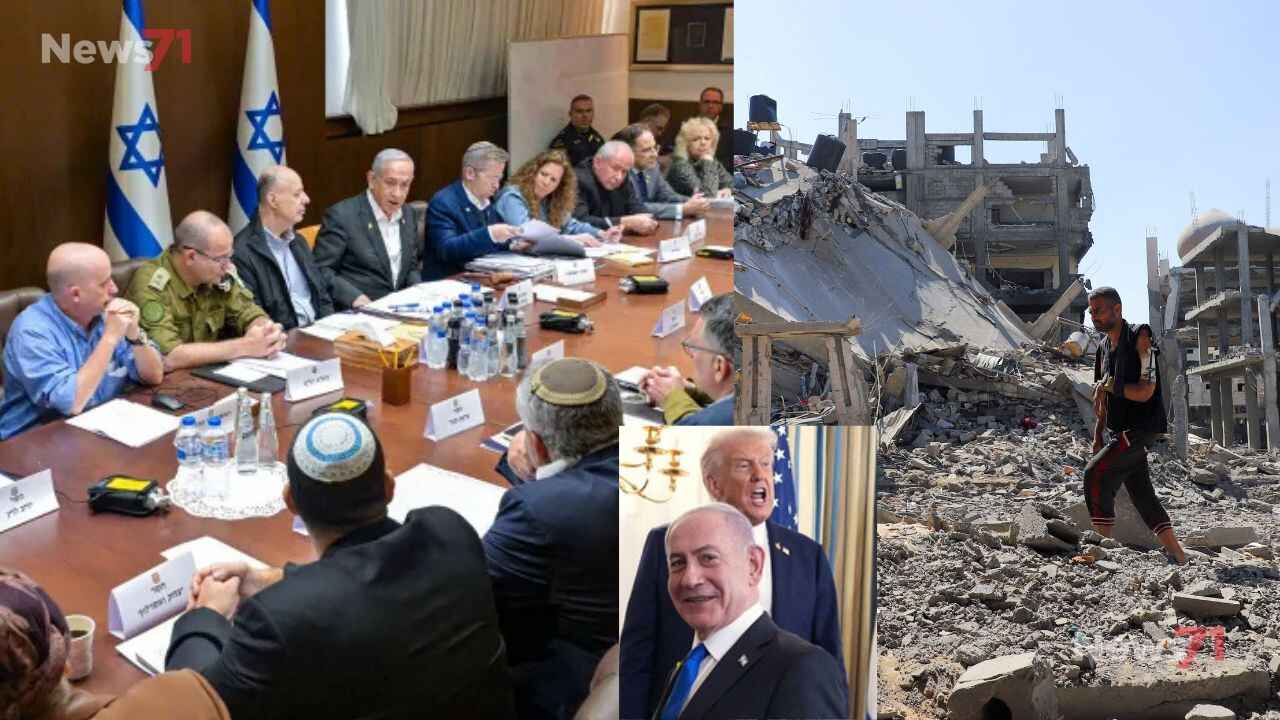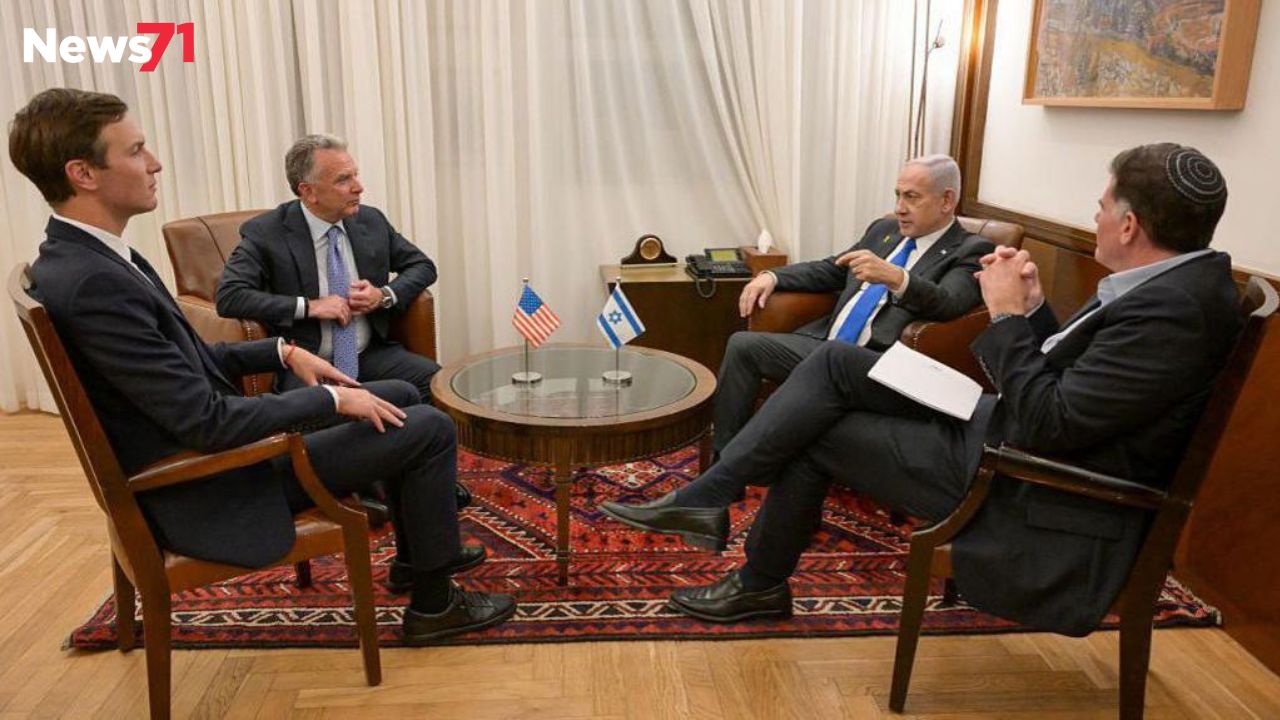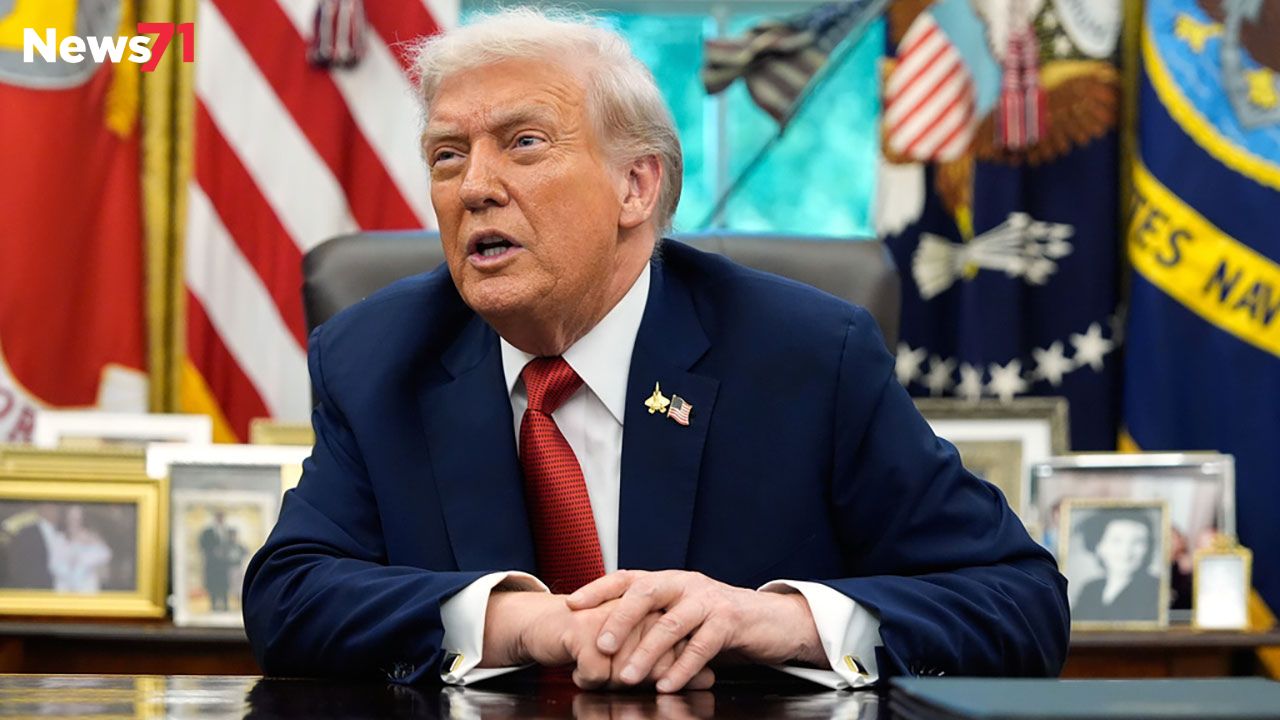For Donald Trump, securing a peace deal or even a lasting ceasefire between Israel and Hamas could mark the defining diplomatic achievement of his presidency.
While the specifics of a potential agreement to end Israel’s war in Gaza remain unclear, both sides’ willingness to move forward with backing from Arab and regional powers offers the most promising opportunity for peace since the March ceasefire collapsed. The renewed fighting since then has devastated Gaza, leaving nearly 68,000 people dead, most of them civilians.
Despite months of speculation, this is the closest the two sides have come to a deal. The first phase of what Trump has called his “peace plan,” outlined in a Truth Social post on Wednesday, appears simple: Hamas will release hostages in exchange for a limited Israeli military withdrawal. However, locating all the hostages and overseeing Israel’s withdrawal pose significant logistical and political challenges.
As usual, Trump’s rhetoric has been grandiose. “ALL of the Hostages will be released very soon,” he declared, promising that Israel would pull back its troops “as the first steps toward a Strong, Durable, and Everlasting Peace.”
Israel and Hamas Peace Deal
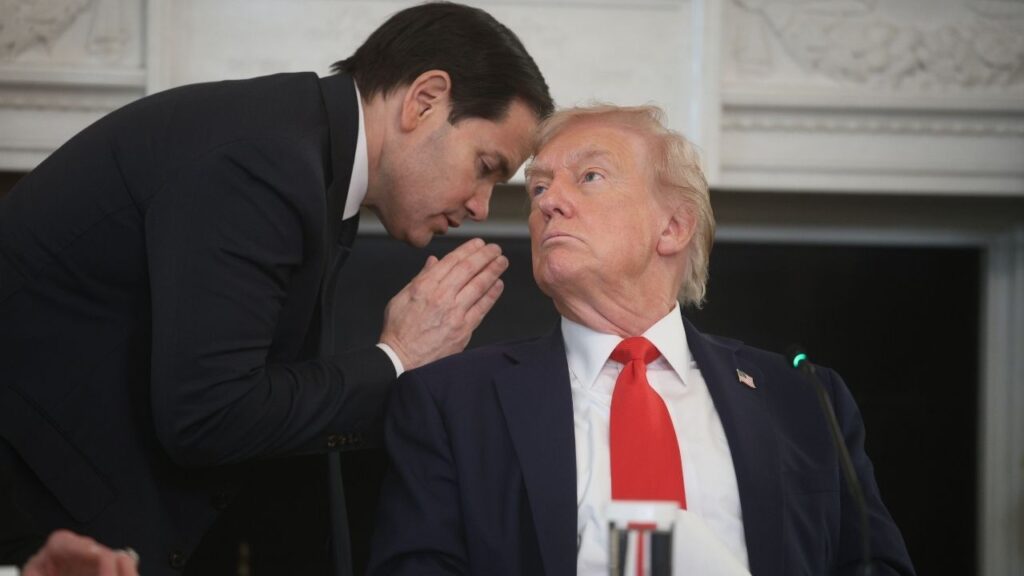
Yet many issues remain unresolved. The administration’s 20-point peace framework seeks to balance an immediate ceasefire with negotiations toward a permanent settlement. Critical questions including Hamas’s future, the prospect of disarmament, and Israel’s long-term control of Gaza are still open.
The current effort follows several failed attempts at ending the conflict earlier in Trump’s term, including a short-lived ceasefire in January that collapsed over disagreements on the timing of hostage releases. Still, momentum has grown in recent days. During an event at the White House on Wednesday, Trump reportedly received a note from Secretary of State Marco Rubio: “Very close. We need you to approve a Truth Social post soon so you can announce deal first.”
Trump’s unorthodox approach impulsive yet forceful has kept both allies and adversaries guessing. His push for peace is also driven by a personal motivation: the chance to be recognized with a Nobel Peace Prize, the first for a U.S. president since Barack Obama.
Political calculations are shaping all sides. Hamas urged Trump and mediators to ensure Israel’s compliance, warning that renewed aggression could reignite conflict. Meanwhile, Prime Minister Benjamin Netanyahu faces fierce pressure from far-right members of his government, who have threatened to resign if a ceasefire is approved.
Trump has attempted to counter such resistance with characteristic bluntness, reportedly telling Netanyahu, “I don’t know why you’re always so fucking negative This is a win. Take it.”
The president is expected to travel to the region this weekend to oversee the signing of the deal. Whether this moment will deliver the “everlasting peace” Trump envisions or end in another breakdown may determine the legacy of his presidency.
